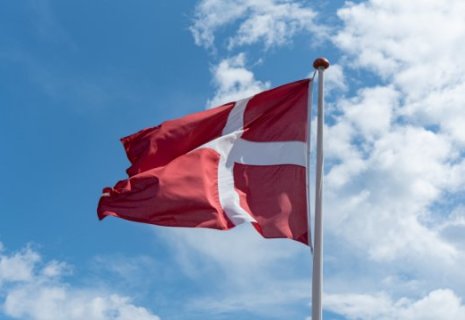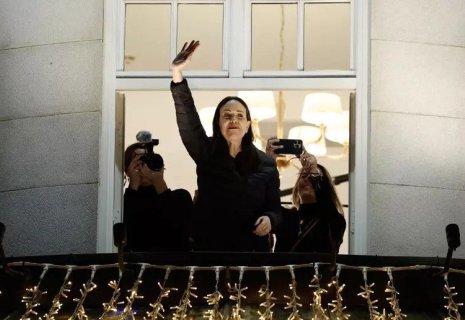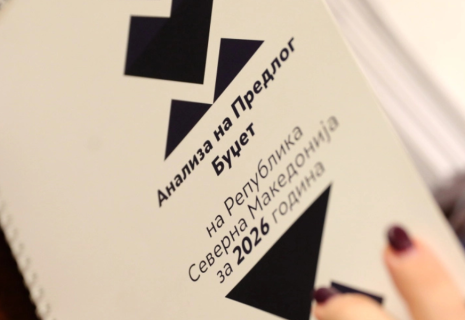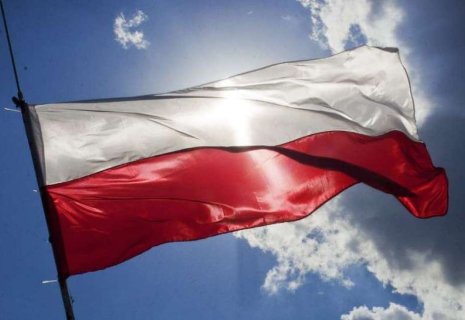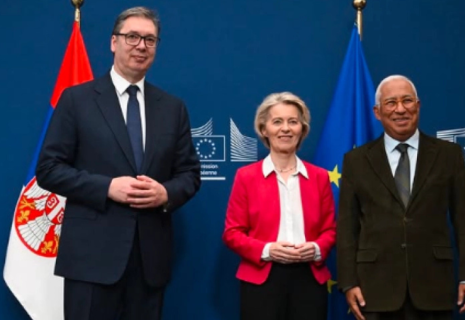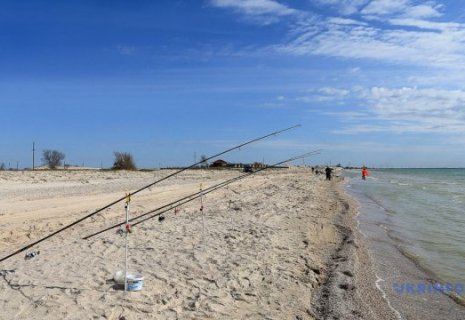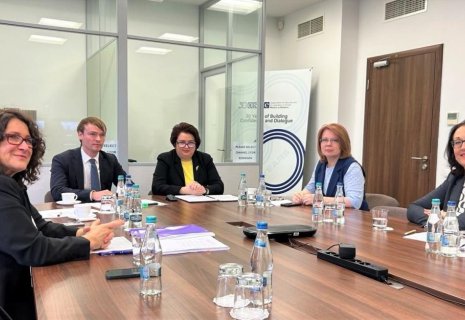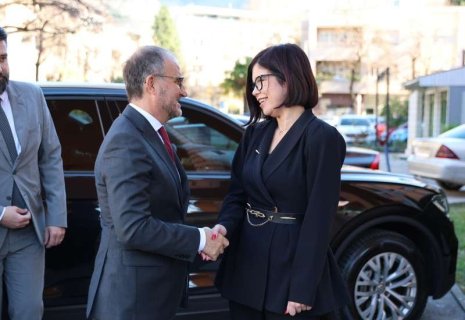
Central European Evening Report: "Croatian Parliamentary Elections and Leadership Continuity in Social Democrats"
Low Turnout Expected in Croatian Parliamentary Elections: The upcoming parliamentary elections in Croatia are poised to witness a decline in voter engagement, with fewer lists, candidates, and observers compared to previous years. Scheduled for Wednesday, April 17, these elections mark a departure from tradition, being held on a weekday instead of the customary Sunday.
President Zoran Milanović's initial intention to run for elections from his presidential position prompted the unusual Wednesday voting date. However, the Constitutional Court intervened, citing the incompatibility of the president's candidacy with his constitutional duties, leading to Milanović's withdrawal from the electoral race.
With 165 lists vying for seats, a reduction from previous years, and a drop in both candidates and observers, voter turnout is expected to be lower. The electorate, totaling 3.77 million, includes 222,300 voters registered abroad. This diverse international constituency reflects Croatia's 11th electoral unit, encompassing voters without residency in the country.
Key demographic trends among candidates reveal an aging pool, with an average age of nearly 51 years. The gender distribution remains skewed, with men comprising 58% of candidates.
While the State Electoral Commission will announce turnout data on Wednesday, expectations for the first results are set for 9 p.m. The lead-up to the elections has been marked by electoral silence from Tuesday afternoon until polls close on Wednesday evening.
Matjaž Han, Newly Elected President of the Social Democrats, Confirms Continuity in Government Leadership: Matjaž Han, recently elected as the President of the Social Democrats, held a pivotal meeting with Prime Minister Robert Golob today to discuss the future direction of the party within the government. Emerging from the session, Han expressed contentment with the outcomes, particularly emphasizing continuity in the vice-presidential positions within the government. As a result, Foreign Minister Tanja Fajon retains her role as Vice President of the government. This reaffirmation of leadership underscores a commitment to stability and consistency in governmental affairs.



